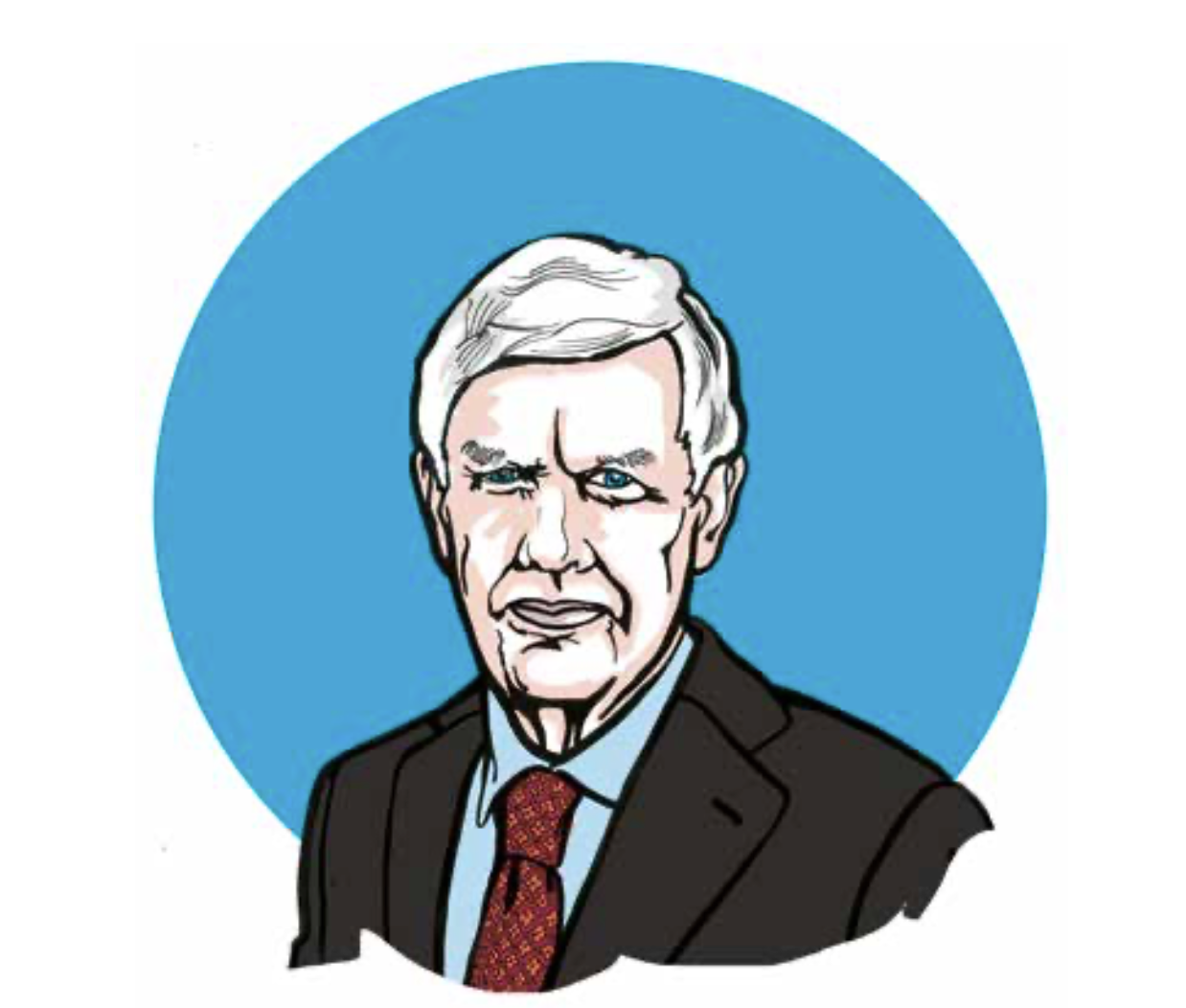In this column, fund manager Jens Ehrhardt criticizes German chancellors Helmut Kohl, Angela Merkel and Olaf Scholz, and only praises Gerhard Schröder for the “2010 Agenda”. Ehrhardt reports why Germany is in an “existential situation” and why China’s policies can be so dangerous for all of us.
Six months ago I wished Germany had acted more in its own interests. In fact, the current course is likely to lower the standard of living significantly, which is also politically risky. I think Germany’s decline started when it merged with the euro. This inevitably had to lead to transfer unions, which put great pressure on Germany. That would be in contrast to the euro which would be confined to stable northern European countries such as Germany, the Netherlands and Austria, as well as Scandinavian countries. So the economic and political success founded by the Deutsche Bundesbank is possible to continue.
This mistake in the Helmut Kohl era was followed by another with the election of Angela Merkel. Due to the energy transition, Germany gave up important sources of its own such as coal and nuclear power plants without compensation for these failures. This hasty action is in line with Merkel’s policy of using surveys to find out people’s opinions and then follow up on them. Therefore, Germany has long been driven by shaky popular opinion, while the advice of economists has been ignored. This is in contrast to the Gerhard Schröder era, when the German economy rose from last to first in Europe due to the unpopular “2010 Agenda”.
The existential situation for Germany
Today, Germany is back in last place with 0.1 percent growth, and the government is paying too little attention to the opinions of economists, especially in terms of energy policy. It seems that people here have not long understood that sufficient natural gas in Germany can only be obtained through pipelines — as opposed to oil which can be imported by ship. This means there will be dependence on imports of Russian natural gas over the next three to four years, even if you get LNG gas from countries like Qatar and Saudi Arabia, which is questionable from a human rights perspective. If these pipelines were stopped or none were opened, large parts of the German economy would probably be brought to a permanent standstill due to the explosion in gas and electricity prices. This is not only very stressful for consumers, but also very important for the exporting country of Germany, which is dependent on globalization.
The question of proportionality should be asked here. Even a green policy towards fossil fuels and internal combustion engines is practically unable to have a positive effect on the world’s climate, as Germany produces just under two percent of its harmful exhaust gases. At the same time, China and India alone operate 3,700 coal-fired power plants and 600 new plants are being built there. Therefore, green policies in Germany affect the ability of all sectors to survive and are practically ineffective in a global climate. Moreover, the energy freeze from Russia has had no effect on Russia’s ability to finance the Ukraine war. You can and should help. But to disproportionately jeopardize one’s own country’s future without being able to affect the climate or war in the slightest is extremely dangerous.
We need more policies that also take into account the interests of exporting Germany, which are dependent on globalization, and do not lead to the formation of a bloc between the G7 countries and the BRICS. You also have to think about the time after the Ukraine war and not all connections have to be cut.
In Taiwan, the next confrontation with a nuclear-armed nation is imminent. It is America’s attempt to get Germany to stop investing in China — said a top US diplomat in secret conversations with elected German business leaders. When you consider that big German companies like BASF and Volkswagen have had to phase out their activities in China, you can imagine the dangers posed not only by climate and Russian policies but also by Chinese policies.
Chancellor Olaf Scholz shouldn’t let the media and green politicians throw him off track. Instead, he should stay on a less confrontational path and cooperate more with our major trading partners.
This article first appeared on Euro 10/2022. Check out the magazine here.

“Subtly charming web junkie. Unapologetic bacon lover. Introvert. Typical foodaholic. Twitter specialist. Professional travel fanatic.”







